Iran sits at the center of this emerging new reality. Rapprochement among Arabs and peace with Israel is one thing if it is aimed at a united front against Iran, but quite another if it is about finding new ways to work with Iran on common objectives. That really would be New Thinking for a New World.
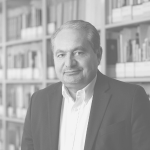 Seyed Hossein Mousavian is a Middle East Security and Nuclear Policy Specialist at the Program on Science and Global Security. He is a former diplomat who served as Iran’s Ambassador to Germany (1990-1997), Head of the Foreign Relations Committee of Iran’s National Security Council (1997-2005), Spokesman for Iran in its nuclear negotiations with the international community (2003-2005), Foreign Policy Advisor to the Secretary of the Supreme National Security Council (2005-2007), Vice President of the Center for Strategic Research for International Affairs (2005-2009), General Director of Foreign Ministry for West Europe (1987-1990), Chief of Parliament Administration (1984-1986), and the editor-in-chief of the English-language international newspaper Tehran Times (1980-1990). Mousavian earned a PhD in international relations from the University of Kent, United Kingdom.
Seyed Hossein Mousavian is a Middle East Security and Nuclear Policy Specialist at the Program on Science and Global Security. He is a former diplomat who served as Iran’s Ambassador to Germany (1990-1997), Head of the Foreign Relations Committee of Iran’s National Security Council (1997-2005), Spokesman for Iran in its nuclear negotiations with the international community (2003-2005), Foreign Policy Advisor to the Secretary of the Supreme National Security Council (2005-2007), Vice President of the Center for Strategic Research for International Affairs (2005-2009), General Director of Foreign Ministry for West Europe (1987-1990), Chief of Parliament Administration (1984-1986), and the editor-in-chief of the English-language international newspaper Tehran Times (1980-1990). Mousavian earned a PhD in international relations from the University of Kent, United Kingdom.
The recent Taliban victory in Afghanistan and the abrupt American withdrawal are only the most dramatic evidence of a profound realignment in the politics of the Middle East. For months, former enemies have been talking to each other; the Israelis are no longer pariahs in at least some of the region; military confrontation seems to have taken a back seat—in rhetoric and, to an extent, in fact—to economic cooperation.
Iran sits at the center of this emerging new reality. Rapprochement among Arabs and peace with Israel is one thing if it is aimed at a united front against Iran, but quite another if it is about finding new ways to work with Iran on common objectives. That really would be New Thinking for a New World.
How are these developments seen in Iran? What kind of Middle East do the leaders of that country, including the newly elected president Ebrahim Raisi, want and what are they prepared to do to get it?
Ambassador Seyed Hossein Mousavian, Middle East security and nuclear policy specialist at Princeton University and former chief of Iran’s National Security Foreign Relations Committee, is as well positioned as anyone to answer those questions. Listen to this week’s New Thinking for a New World podcast as he describes his view of what happens when the United States loses a war
Let us know what you think and comment below
Listen to the episode or find us on a podcast platform of your choice, (Apple podcast, Spotify, Acast, Stitcher, YouTube, etc
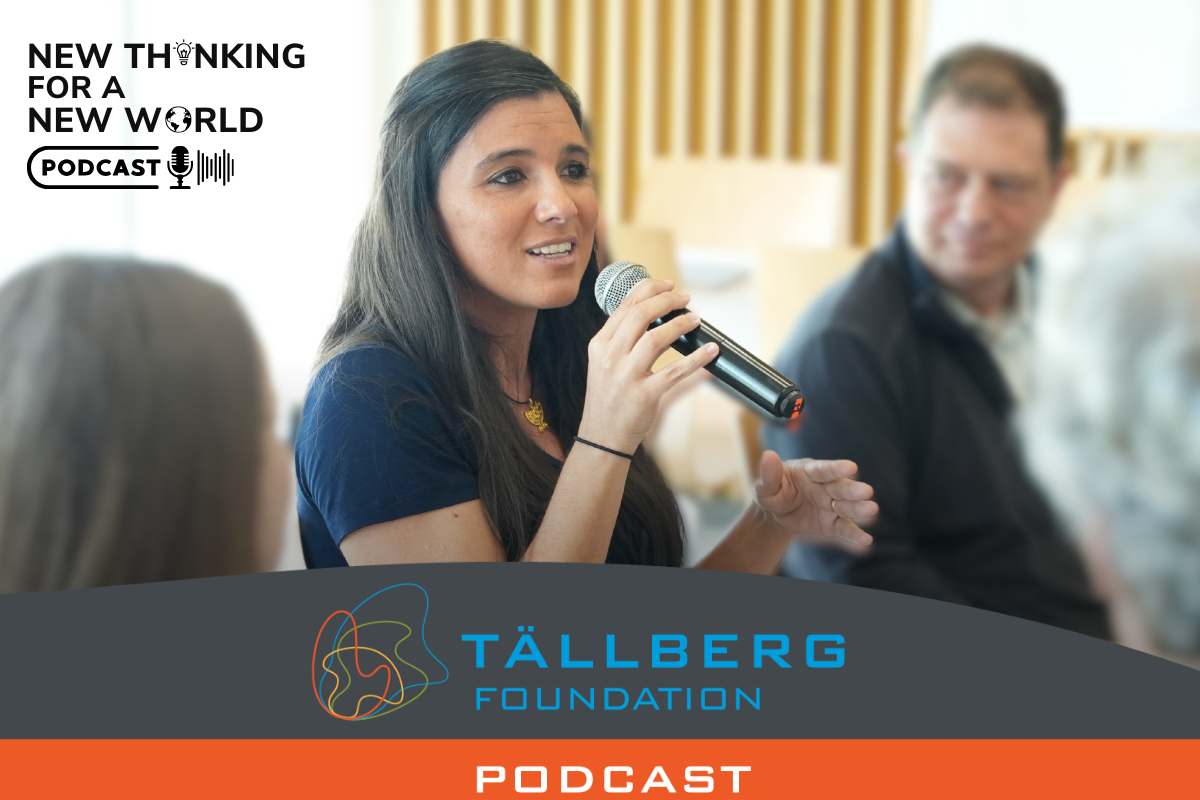
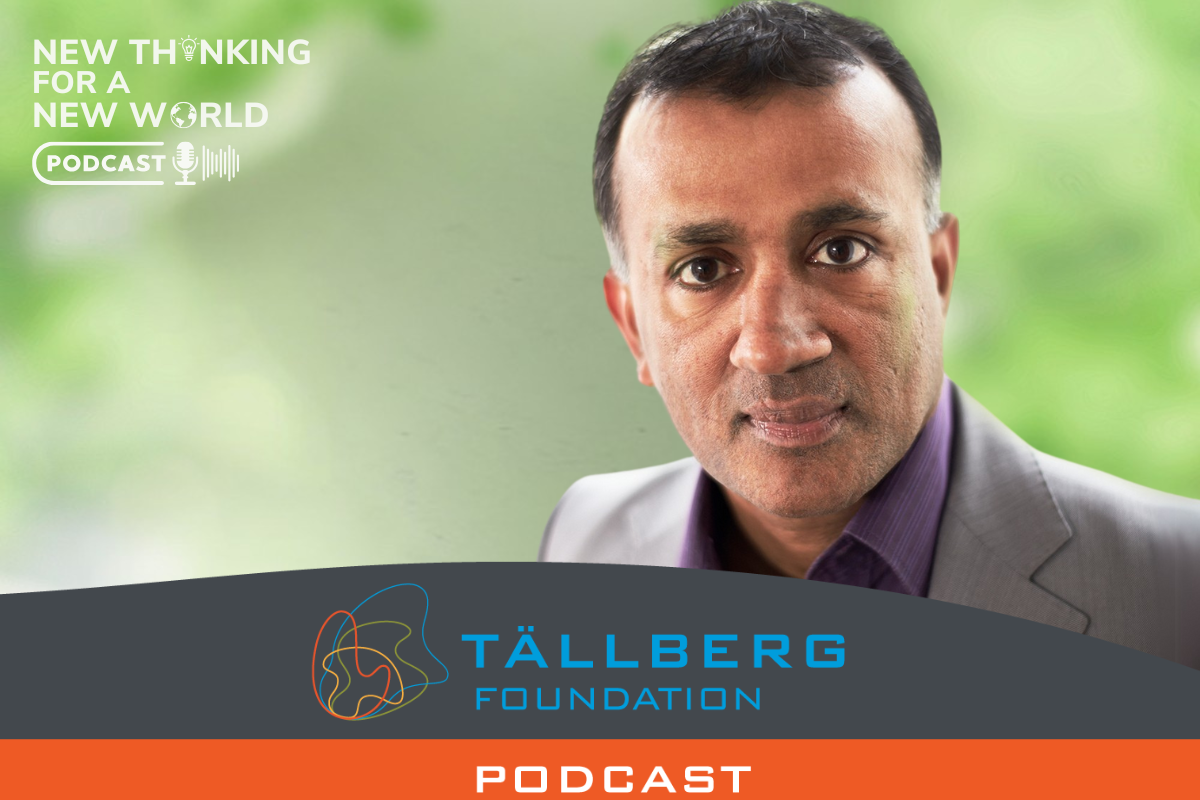
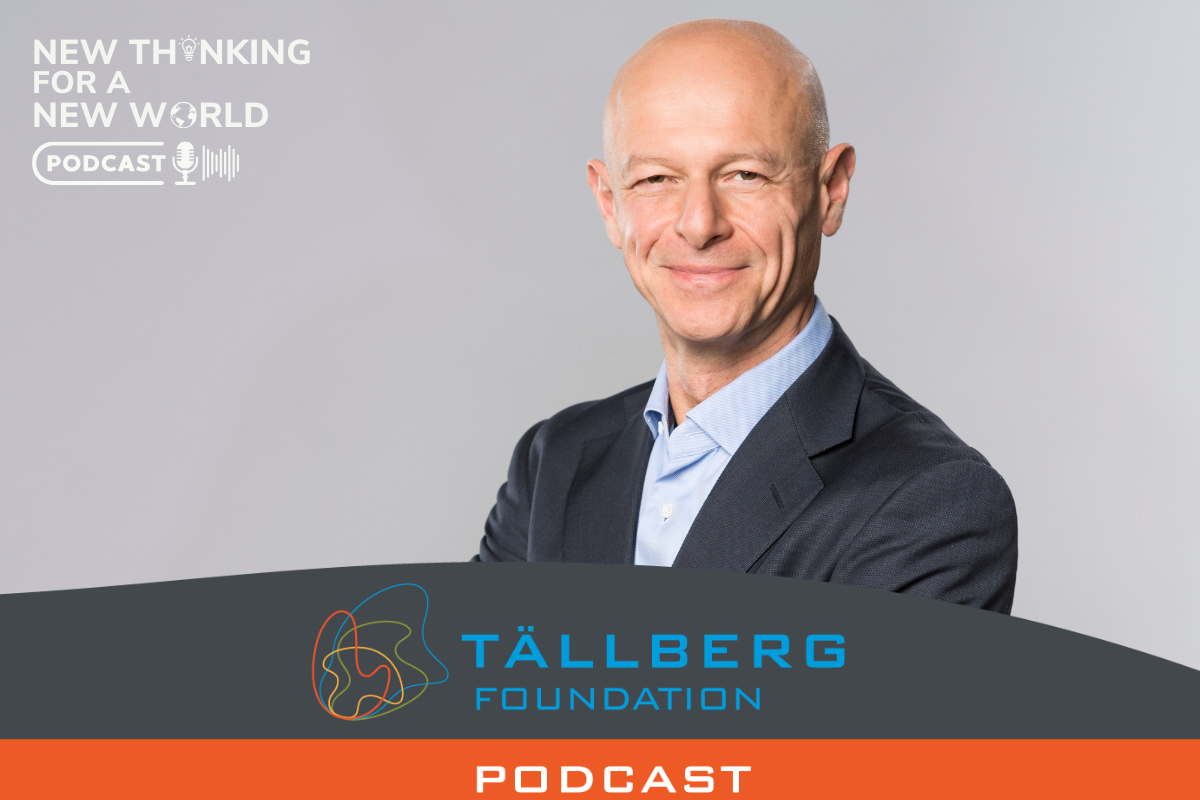
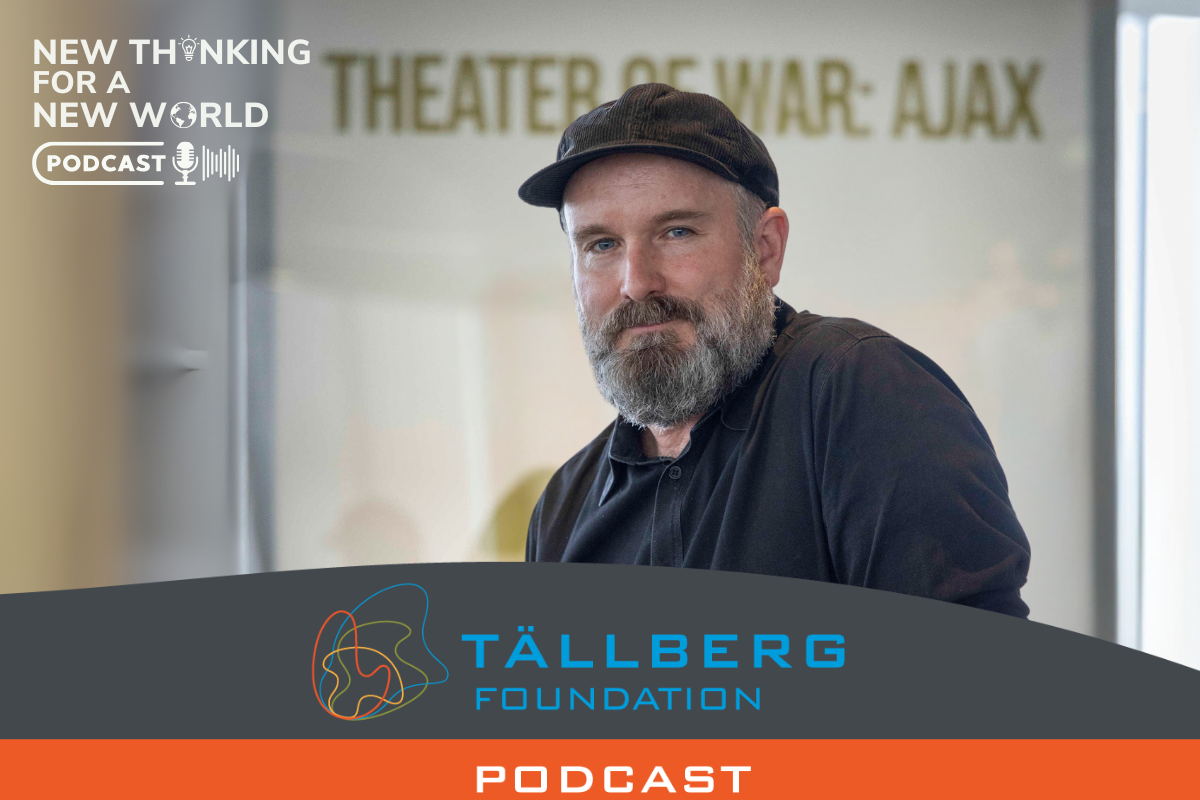
0 Comments